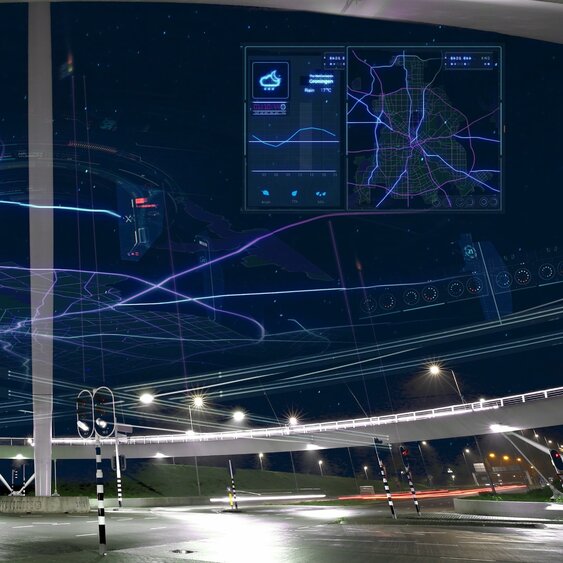Date
Friday September 6, 2019 from 12:30 PM to 2:00 PMLocation
TU/eAddress
Het Kranenveld 12Organizer
Data ScienceCo-organizer
Artificial IntelligenceBuilding
GasLab - Building 12About the event
Many TU/e researchers are advancing or using Artificial Intelligence in their research projects. To support cross disciplinary learning and to strengthen the TU/e AI network, EAISI organizes a series of (internal) lunch meetings where various researchers talk about their projects.
PROGRAM
Start | Speaker | Title |
12:30 | Johan Lukkien (Dean M&CS) | Introduction |
12:45 | Duarte Antunes, Control Systems Technology (ME) | Model-Based Learning for Control and Robotic Applications |
13:05 | Vlado Menkovski, Data Mining (M&CS) | Deep Learning - beyond training with labels |
13:25 | Maarten Schoukens, Control Systems (EE) | Combining Neural Networks and System Identification |
13:45 |
| Wrap up |
ABSTRACTS
Duarte Antunes
Model-based control design has been the prevalent approach to control and robotic applications for many decades. However, finding an accurate model is in many contexts hard, which has motivated model-free approaches such as reinforcement learning (RL). Yet, RL for control problems where action and state spaces are non-countable requires function approximation and typically many trials to converge. This talk describes two case-studies of an alternative approach, model-based learning, which combines the advantages of model-based and data-driven approaches. The first amounts to improving the trajectory tracking performance of a quadcopter based on iterative learning control; the second pertains to an online model learning scheme based on Gaussian process regression followed by model predictive control, for controlling any ground robot along any given trajectory. Experimental results for both case-studies highlight the advantages of model-based learning.
Vlado Menkovski
Mapping an input X to a target Y has been the staple task of Machine Learning applications. Deep Learning techniques have extended this task to high dimensional input spaces of images, natural text, and speech. On the flip-side, these techniques have exacerbated the problem of understanding generalization and interpreting the models’ behavior. Moreover, a wealth of expert knowledge is commonly left on the table as the paradigm of end-to-end learning from examples does not provide an easy path to utilizing this knowledge. In this talk, I discuss how metric learning and unsupervised learning approaches can create possibilities for interpretation and quantifying generalization in deep neural network models and allow for more efficient model inference with respect to the amount of supervision that is required.
Maarten Schoukens
System identification deals with the data-driven modelling of dynamical systems starting from noisy data. The system identification community has developed data-driven modelling methods for these systems for over 5 decades. The increasing capabilities of the various machine learning frameworks such as Gaussian processes and neural networks has caused a great interest in merging the insights gained in both fields to develop more advanced data-driven modelling approaches for dynamical systems. This talk will illustrate how the neural networks framework can be used to obtain improved nonlinear system identification tools.
